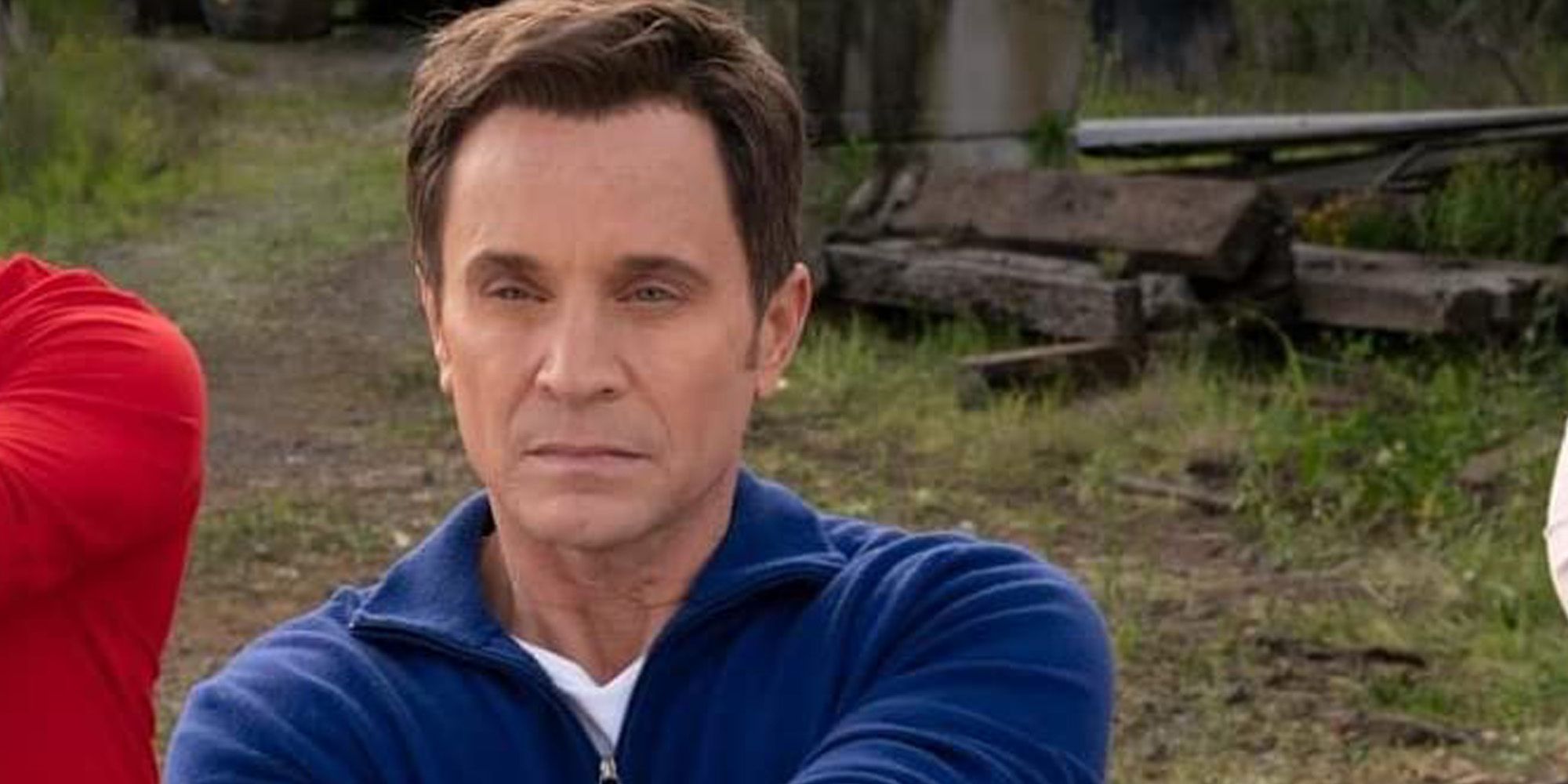The revelation of David Yost, the original Blue Power Ranger, coming out as gay marks a significant moment not only for him personally but also for the broader context of representation in popular culture. Yost, who portrayed Billy Cranston in the iconic television series “Mighty Morphin Power Rangers,” has articulated his journey with poignancy and courage, shedding light on the struggles he faced while in the public eye.
In the early 90s, when Yost first donned the blue spandex suit, the societal climate regarding LGBTQ+ individuals was vastly different. The media landscape afforded little room for diversity in representation, and many actors, including Yost, grappled with their identities in silence. His decision to come out publicly resonates with many who have faced similar challenges. Through his openness, Yost not only embraces his true self but also provides a beacon of hope for those navigating their identities in a world that often lacks acceptance.
Readers can expect various narratives surrounding Yost’s coming out experience. The discourse often extends beyond just his personal life; it delves into how his identity as a gay man impacts the legacy of a franchise that has touched the lives of countless fans. His story is a testament to resilience and the importance of authenticity, showing that it is never too late to embrace one’s identity.
The impact of his revelation reverberates through fandom communities, sparking conversations about representation in media. Many fans express gratitude for his candor, feeling a sense of solidarity and encouragement as they confront their own challenges. Yost’s public admission fosters an environment where discussions about sexuality and representation are not just permissible but encouraged, ultimately enhancing the inclusivity of the entertainment industry.
Furthermore, the narrative surrounding Yost’s coming out intersects with the growing visibility of LGBTQ+ characters in contemporary media. As the power dynamics of representation continue to evolve, Yost’s story serves as a reminder that the entertainment industry has a responsibility to authentically portray diverse experiences. His journey illustrates the importance of role models who reflect the spectrum of human identities, reminding audiences that varied narratives enrich our collective stories.
In essence, David Yost’s coming out is not just a personal milestone but a pivotal moment in the ongoing dialogue about acceptance and representation. His courage ignites conversations that matter and inspires individuals to live their truths freely, nurturing an inclusive culture where everyone can unleash their authenticity without fear of judgment.
